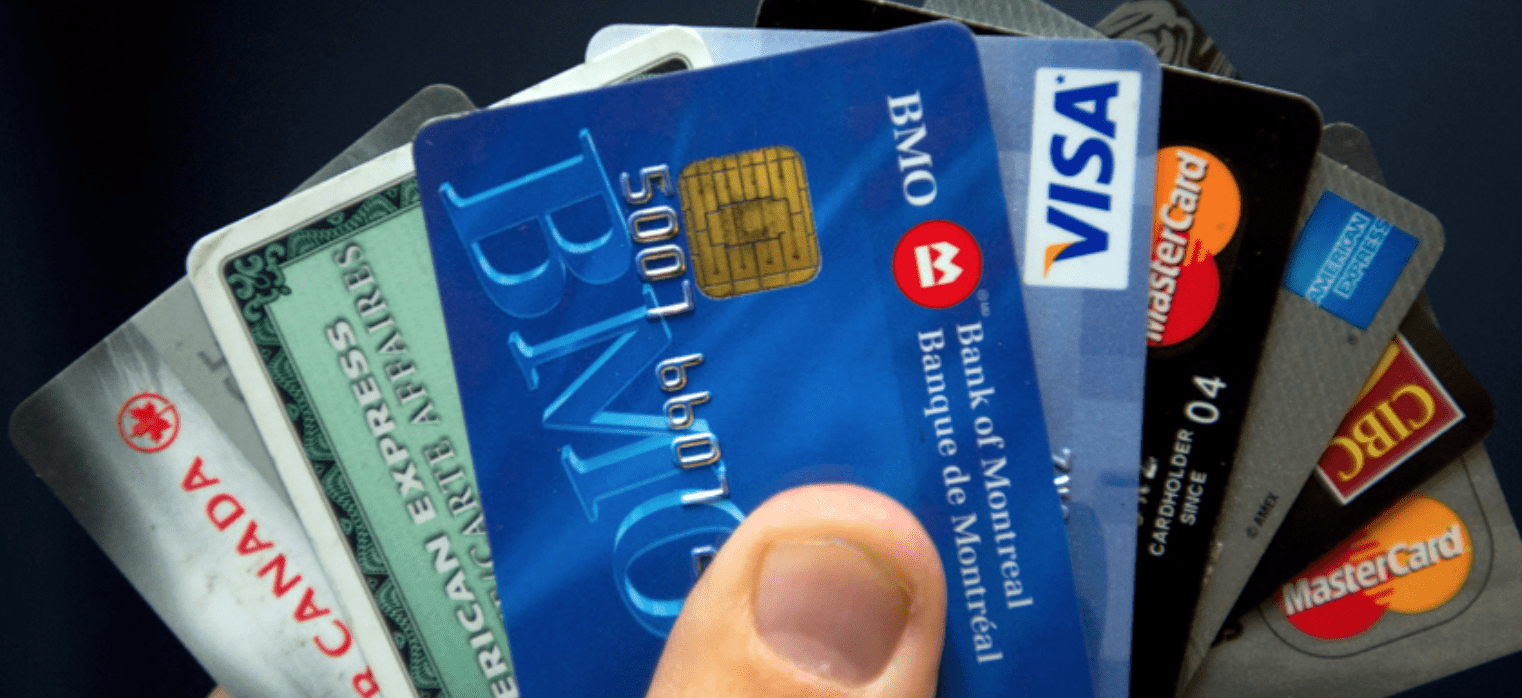It's been, what, a month of this now?
Days have melted together and stuff that seemed pretty normal no longer are. I, for example, can't spend a few minutes chatting with the woman who lives downstairs as she waits in the lobby for a shuttle to take her to dialysis. I might actually kill her with a bit of friendly banter. Weird stuff.
But we've been doing this long enough now that things are starting to stabilize. And since we've begun to settle into the world as it is now — as dimly horrifying as it may be — we should also maybe take a look at how some of our governments have fared.
Here in Quebec, things are on the surface going reasonably well. The government released projections that outlined a couple of scenarios of the number of people who could die in the next month, an Italy (bad) and a Germany (good), and Quebec is tracking very near to the Germany (good) measure.
Once the province decided to take action, it was quite strong and quite rapid. Gatherings were cancelled, business closed, restaurants swapped into take out joints, school cancelled, etc. But now we see the government's decision not to do anything to stop March Break travel (which takes place here a week earlier than in Ontario) has led to a surge in COVID-19 patients in the province, and by extension deaths.
Then there is the nightmare of long-term care homes and other retirement homes. More than 500 of them have had outbreaks of coronavirus across the province. More than 150 people have died in Quebec in total, and of those 150 people, some 45 percent were in long-term care homes, another 20 percent were in retirement homes. All but three of the deaths were of people aged 70 and over.
Finally, on Tuesday, Premier François Legault said the province would be transferring medical staff from hospitals to the various care homes throughout the province. They had overestimated where the need for doctors and nurses would be, he said, and put their focus on staffing hospitals. Meanwhile, elderly people in Quebec have been being infected with, and dying of, COVID-19. It's horrendous.
Then we have Ontario, where Premier Doug Ford seems to have come to life as a leader. No longer just a bellowing oaf, diving into one policy only to turn back as soon as it became clear it was the wrong move. Now he seems to have grasped the magnitude of the crisis confronting him and his province.
He's lucky, too. His government delayed the bulk of proposed cuts to public health units after public pushback but has not said they will be cancelled. Once can only imagine how much worse things would have been if those cuts had gone through.
The blessings of good fortune should not be confused with doing a good job. Yes, Ford is taking this very seriously now. So seriously it's something that he says it keeps him up at night. But remember this is the same Ford who said, "I just want the families and their children to have a good time [on March Break]. Go away, have a good time, enjoy yourself." That was less than a month ago.
Which brings us to the federal government.
The response from Ottawa has been, shall we say, mixed.
Impressively, the website for the emergency benefits doesn't seem to have fallen in on itself. From a government that has tried, and failed, for years to pay its own employees this is something. But here we are setting a low bar.
For all their efforts, peoples' jobs and businesses are evaporating. People are unable to pay rent. Some bills are being deferred so other bills, that can't be deferred, are being payed.
So while the government is trying very hard to get money to people, and constantly trying to tweak and refine their policies, more and more of our neighbours are sliding into, or ever closer to grinding poverty.
However fast the government may be moving, it is not moving fast enough for the people being left behind.
Whatever structural reasons there are for this. Which implies the government has bothered to explain any mechanical difficulties there may be to getting more money to more people. They of course have not. If there's one thing this crisis has not changed for this government is its willingness to say anything meaningful at all.
I could probably give you a solid 500 more words on their abandonment of freelancers like myself, but I'll save you the self-indulgence and say just this: There may well come a time that it makes more sense for me to stop working — or at least accepting money for work — so that I can qualify for emergency COVID benefits. Not ideal!
And that's just the economic stuff.
Even once March rolled around and the government was telling us to stay apart and lock ourselves away if we had a cough or had come back from abroad, border guards at airports were just letting people through without so much as a question about their health. They fell down so badly, provinces and cities had to send their own health officials to airports to tell people they needed to stay home upon their return.
Once things settle further — maybe when this is all over, maybe before — we're going to have a reckoning with the response of our governments. While they have come around, it took too long. At this writing at least 380 Canadians have died, with untold numbers more of people who have been left with some level of lasting effect of this virus.
Some of those people might still be with us, still might be unscarred, if things had gone differently. We need to reckon with that.
Good-enough government isn't good enough when the cost of failure can be measured in the dead.
Photo Credit: Cmatv.ca








